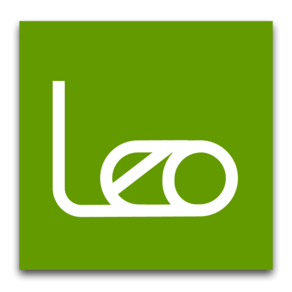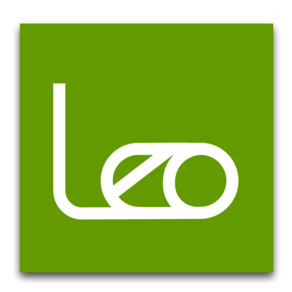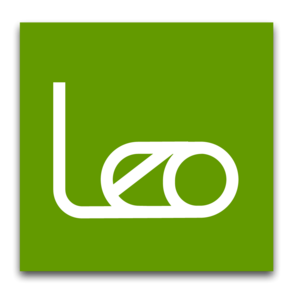Intellectual capital reporting in schools
Project name: Intellectual capital reporting in schools
Period: from 2007 to 2010
Contact person: Dr. Ewald Mittelstädt
Project partner: Anna-Zillken Vocational College Dortmund
Abstract: Model experiments and educational reforms of the German federal states (e.g. the model project "Independent School" in NRW) show that schools are becoming more and more independent. This raises the question of their organizational development as well as their human resources development, ultimately their self-organization. How does my school work and why? Could it function even better? Will it still be able to survive five years from now under the ever-changing challenges? Can it respond quickly enough and correctly to change? These are some of the most important questions that executives must ask themselves, even in schools.
To answer these questions, we must first succeed in making transparent the intellectual capital of a school, which exists in such a complex structure and in diverse relationships between, for example, teachers, learners, parents, regional business and the school board. In the sense of the theories of complex systems or synergetics, this means: This can work best if something like this is not ordered from above, but is self-organized at the base. For this purpose, a special set of instruments is needed that offers the possibility of generating synergetic effects. An intellectual capital statement can make an important contribution to this by systematizing the intellectual capital of a school, recording it holistically and making it measurable.
Cf. Andreas Liening and Ewald Mittelstädt (2009): Wissensbilanzierung im Bildungsmanagement für eine deregulierte Professionalität im Berufsfeld Ökonomischer Bildung In: Seeber, Günher (Eds.): Forschungsfelder der Wirtschaftsdidaktik - Herausforderungen, Gegenstandsbereiche, Methoden; Schwalbach: Wochenschau; pp. 238-253.




